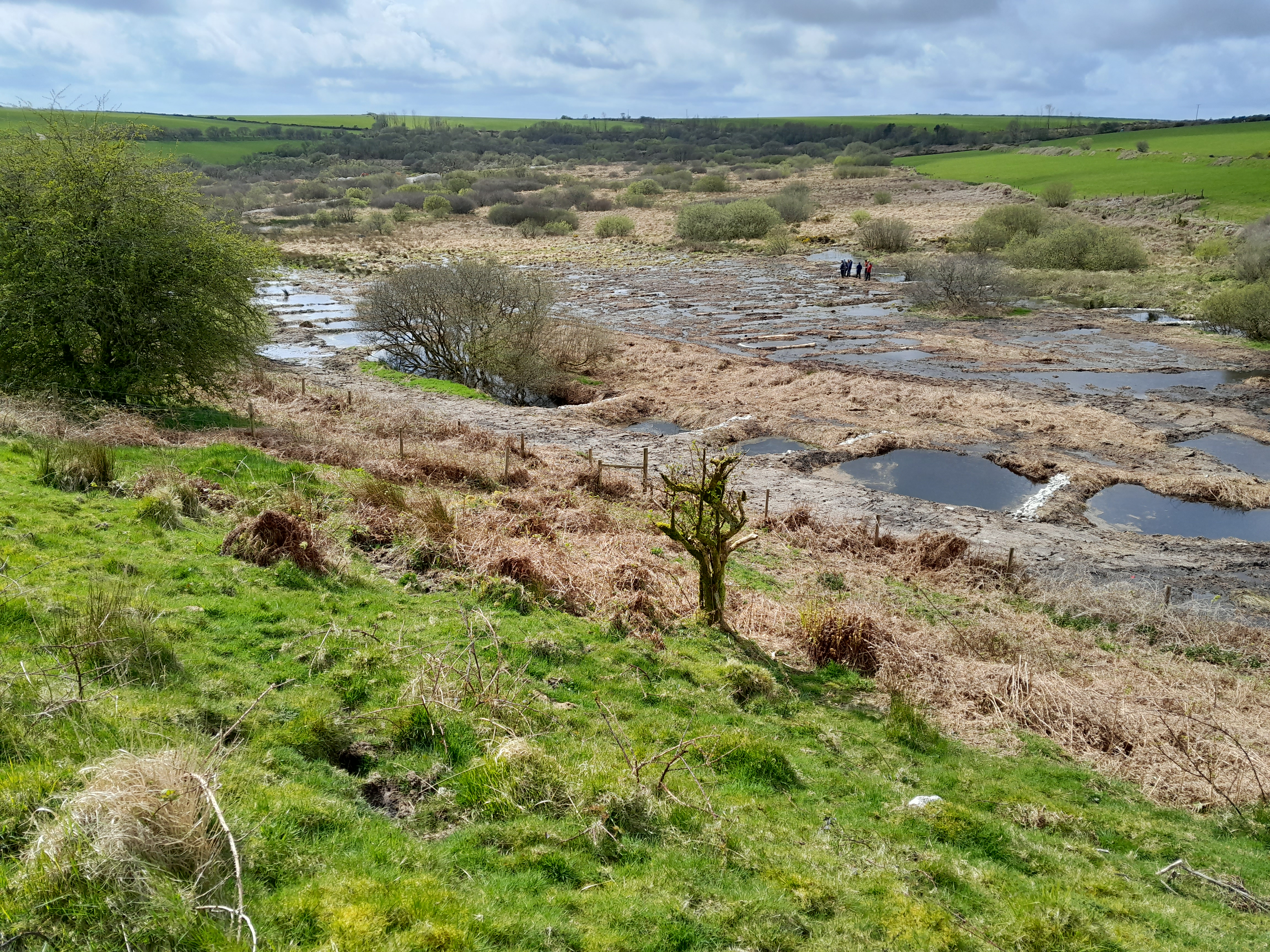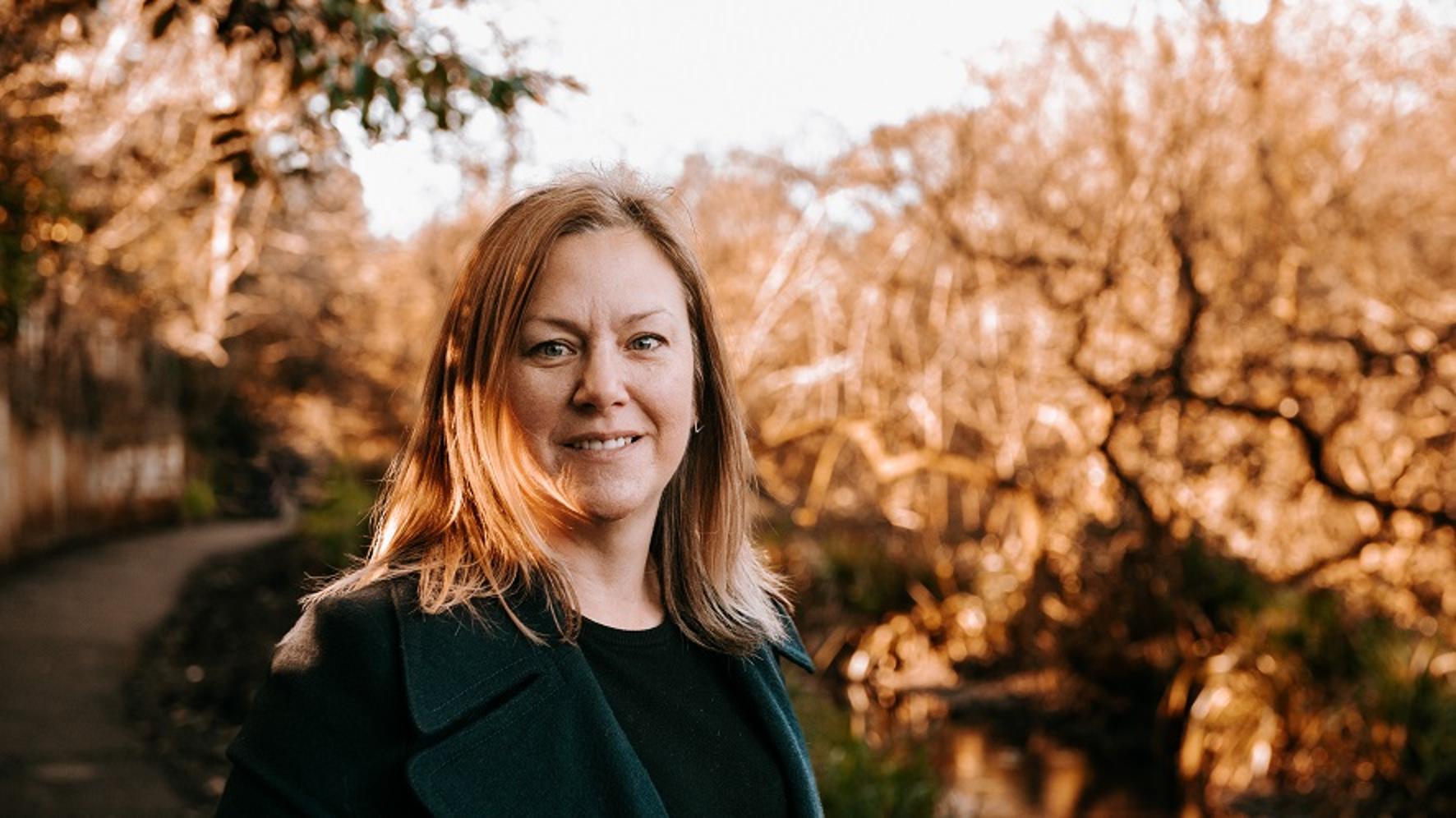Carolyn Cadman, Director of Natural Resources at South West Water discusses the importance of protecting the region’s peatlands to mark Bog Day (28 July).
For those who are not familiar with peatlands, they are wetland landscapes shaped by waterlogged soils formed of dead and partially decaying plants: peat. They are made up of sphagnum mosses, water-retaining plants which form blanket bogs across the landscape.
Peatlands are really important ecosystems that provide immeasurable benefits to wildlife, the landscape, water, the environment and people. Restoring our peatlands is absolutely key to tackling the climate crisis.
Peatlands are excellent at storing carbon and globally they store more carbon than all of the world’s forests combined. They take in and reduce the amount of carbon dioxide in the atmosphere, a greenhouse gas which contributes to climate change. However, when peatlands dry out and degrade, that stored carbon is lost to the air or water and makes its way back into the atmosphere. It’s previously been noted by the IUCN (International Union for Conservation of Nature) UK Peatland Programme that rewetting drained peatlands is the ‘best option’ for reducing emissions and should be done as quickly as possible.
Peatlands also have great benefits for our business and are an invaluable part of the water cycle. Peat can hold up to 20 times its own weight in water, helping slow the flow of this water through the landscape and increasing our resilience to extreme weather. Over time peatland restoration should improve the quality of our raw water by reducing the amount of material being washed off the land into our rivers, streams and waterways. This means less treatment costs, which will help to keep customer water bills down.

Historically, the peatland across the region has been damaged by the activity of digging peat for fuel, installing ditches to drain the land, tin-streaming, military activity, deforestation and burning. This has impacted its ability to store water. But it’s not just a problem here in the South West, at least 75% of peat in the UK is damaged and releasing emissions – a concerning statistic.
If ever there was a time to invest in our peatlands, that time is now. The IUCN recognises that peatlands in the South West are the most vulnerable in the UK to climate change. And, just last week the Met Office released its State of the UK Climate Report for 2023 which revealed that last year was the second warmest year on record for the UK since 1884. With all this in mind, it is critical we act now to restore and protect our remaining peatlands in the South West and nationally.
We’re proud to be collaborating with other like-minded organisations, landowners and farmers to restore our damaged peatlands through the South West Peatland Partnership (SWPP). This is a £13 million project delivering peatland restoration across Cornwall, Dartmoor and Exmoor. SWPP is actively restoring, celebrating and positively shaping the future of the peatlands for people, wildlife and the planet.
Our teams on the ground work to re-wet the landscape by blocking ditches using sustainable materials like peat and wood. Works aim to increase the amount of water being held in the landscape by stopping it from running off the land and straight into watercourses. Since 2020, the partnership has started the restoration process on 1,630 hectares of peatland, the equivalent of almost 2,300 football pitches.
The benefits of the SWPP’s work are clear to see. Results have shown that peatland restoration can significantly alter the amount of rainfall that runs off the land. We’ve seen within deeper peat, flows off the land can be reduced by around 66%. On Dartmoor and Exmoor, we have seen species of birds such as snipe and dunlin breading numbers increase in the areas that have been restored. Areas of once dry peatland are now covered in blankets of sphagnum moss and pools of water with dragonflies and birdlife, even during the hottest months of the 2022 summer drought.
We’re proud that the work of the partnership is being recognised on a global stage too as it has been shortlisted for the Global Good Awards, which recognise businesses, non-government organisations, charities and social enterprises around the world that are blazing the trail for purpose-driven sustainability and ethical leadership.
Now really is a great time to raise awareness of the importance of our peatlands and the threats they face. We will continue to collaborate and work in partnership to stop further damage of our peatlands and promote their restoration for the benefit of wildlife, the environment and our customers.
